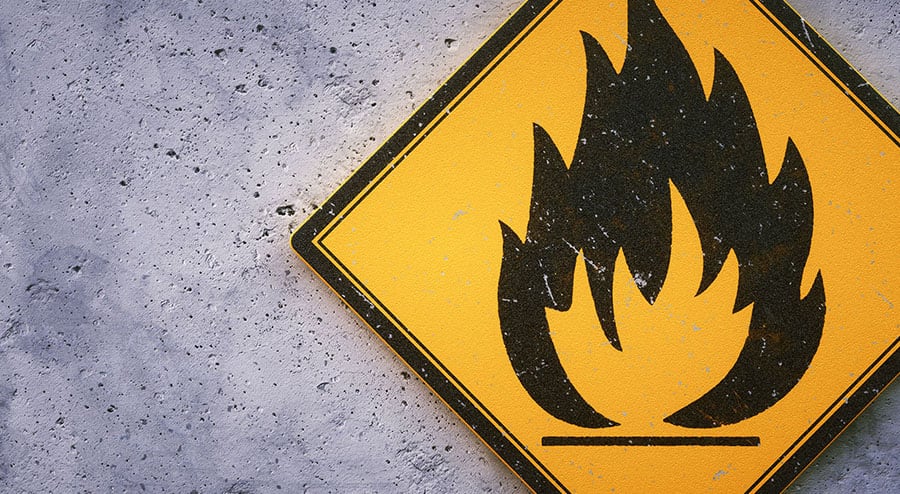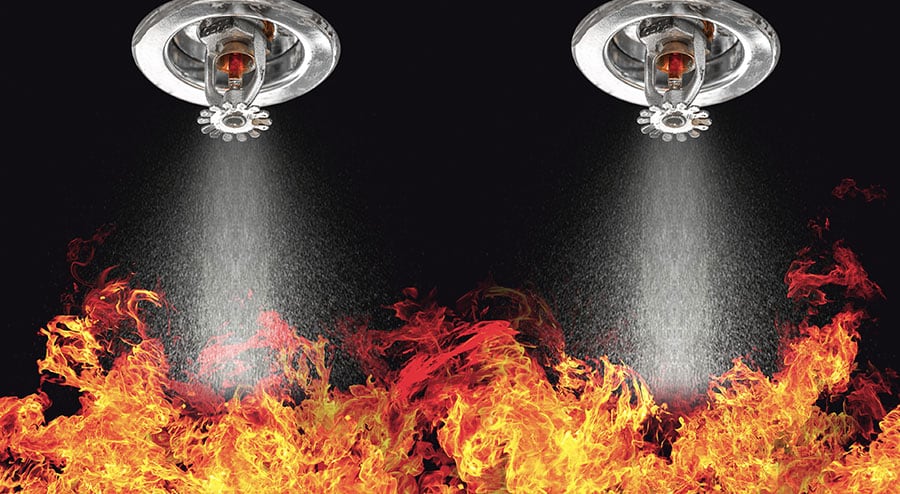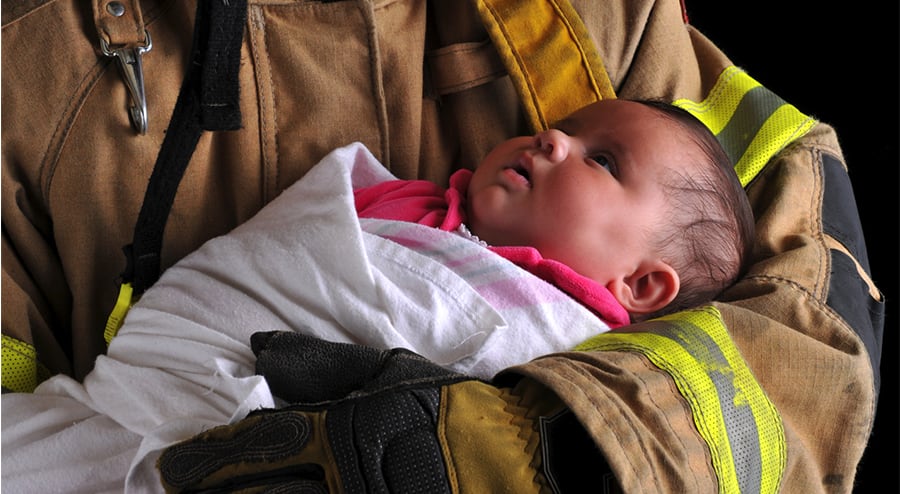A fire can happen anywhere and it’s important to always be prepared for what you would do if you had one in your home. Likewise, it’s just as important to look at all of the ways that you can prevent one from happening in the first place.
You want to know how to prevent fire in your home to protect it and the ones you love. Of course, there are the more obvious things that you can buy to protect your home against fire, such as smoke alarms, fire extinguishers, having an escape plan, and even fireproof safe deposit boxes to protect your valuables.
The truth is, however, there are some very simple steps that you could be doing to keep yourself safer and, if you start right now, you may be able to prevent a problem before it even happens.
Unplug Items You’re Not Using

Excess electricity flowing through items in your home can always be a potential fire hazard. Things like computers, TVs, game systems and a whole lot more use electricity even when they’re not on. That means they can always experience a surge or they can just overheat and cause a fire.
The continuous electricity that’s flowing into them provides them with a source for a fire as well. By unplugging these items when you’re not using them and, therefore, not paying attention to them, you can cut down on your chances of a fire.
Use Surge Protectors
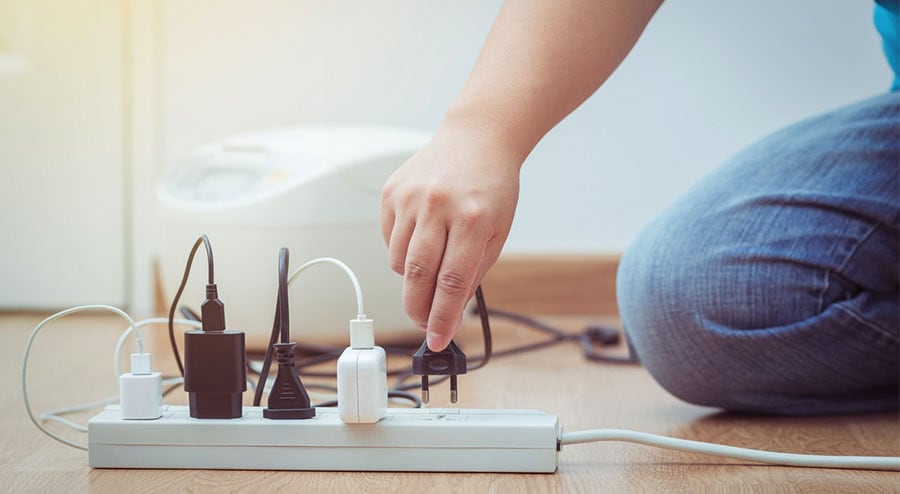
At the very least, you want to make sure that all of your electronics are plugged into surge protectors. A surge in power is when you are most likely to experience an electrical fire and by plugging items into a surge protector you don’t have to worry about that excess electricity getting to the item and causing a fire.
The surge protector keeps that extra out and can definitely reduce your risk of having a fire in the first place or the strength of it if you do get one.
Never Leave Flames Unattended
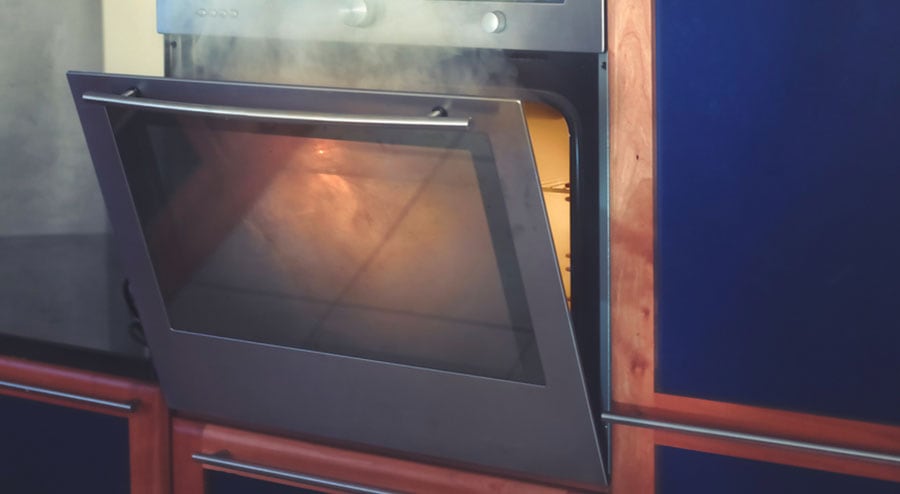
If you’re cooking, lighting candles, or using any other type of flame or excessive heat, you want to make sure that you’re watching it at all times. If you start cooking anything, you never want to walk away from the stove. If you start a fire in your fireplace you want to make sure you keep an eye on that as well.
By keeping an eye on these types of flames you can recognize quickly if there’s a problem or if they aren’t the way they are supposed to be. That means you’d be able to take care of the problem quickly and make sure you and your family are safe. This is also a good place to have a fire extinguisher and smoke alarms.
Keep Flammable Items Away From Heat
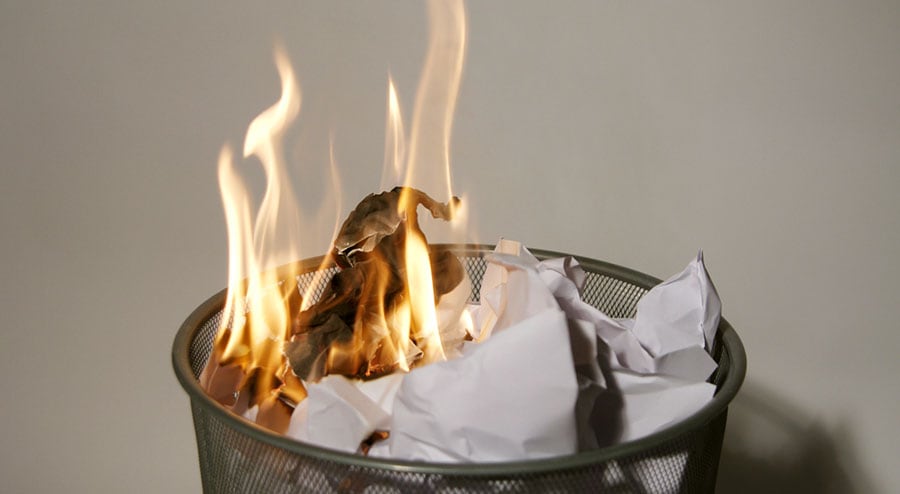
Flammable items like fabrics, paper, and even hair should always be kept away from excessive heat or flame. You want to keep your hair and your clothes out of the way when you’re starting a fire in your fireplace.
You want to keep the stack of papers away from your wax melter. You also want to make sure that you’re watching closely for anything that could turn into a problem. You don’t want a fire to pop up anywhere and that means watching heat sources and anything close to them.
Don’t Smoke In the Home
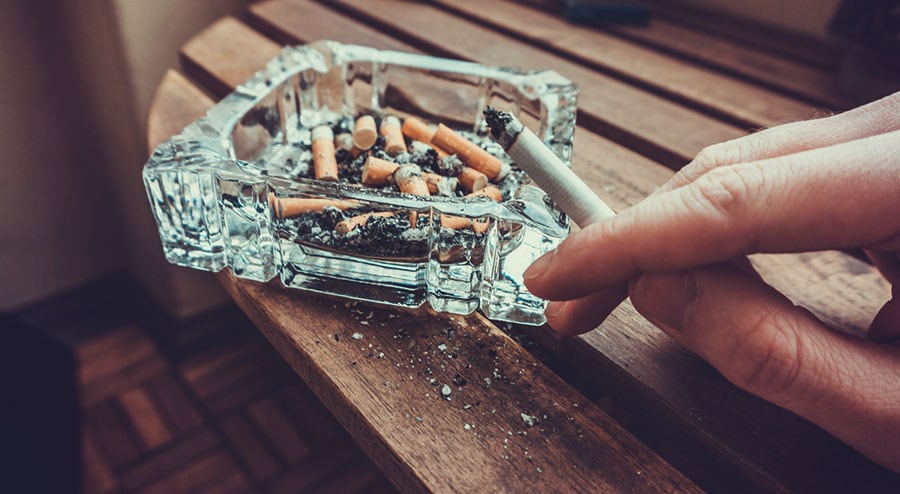
If you do smoke, it’s important to always do so in a well-ventilated area and to completely put out the cigarette before you throw it away. Cigarettes have a variety of additives and materials inside of them that can continue to burn even if you think that you’ve put them out.
That flame can then ignite inside your trashcan or outside your home and cause a fire. If you make sure to smoke outside, watching out for stray ashes and you make sure to put the cigarette out entirely before throwing it away you can cut down on this risk.
Put Out The Fire
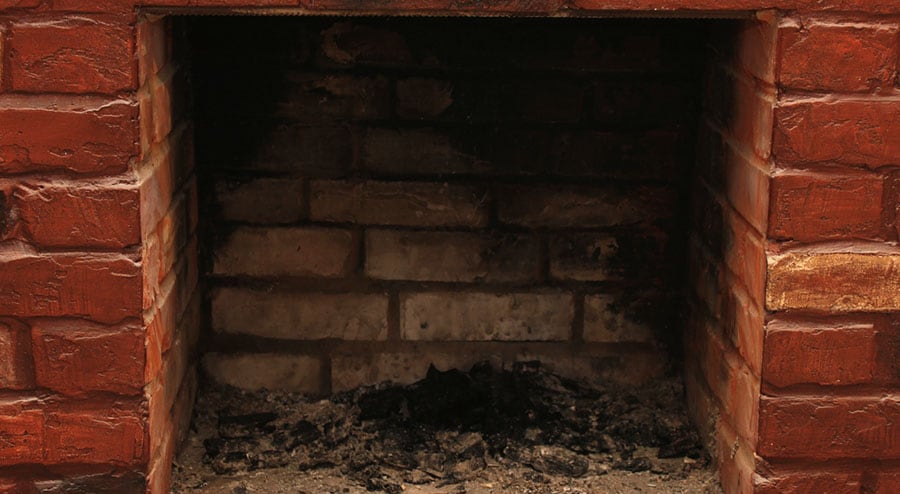
If you have a fireplace, it’s important to always watch what you’re doing as well. You want to make sure that you put out the fire well before you’re going to leave the area; that way you can watch the fireplace and make sure that the fire doesn’t pop back up.
Embers can continue to smolder and burn and logs can continue to have flames inside of them that show up much later. You want to make sure you completely smother the fire and then watch for anything else that might show up later before you go to bed or leave the house.
Cut The Clutter
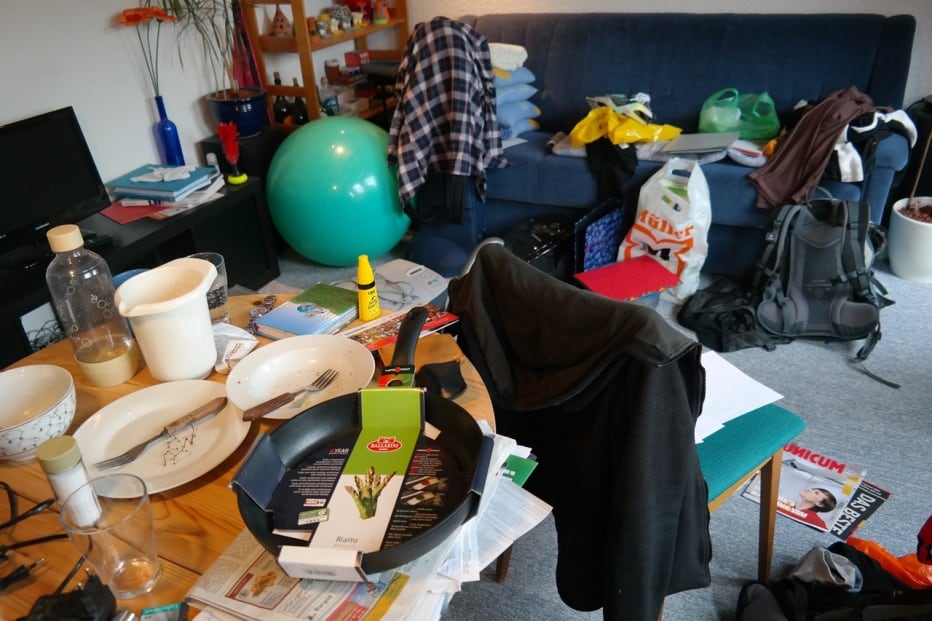
Clutter in your home is actually one way that fires can not only start spontaneously but also that they can spread excessively. By keeping less clutter in your home you’ll be able to cut down on your risk and also make it more likely that you can save your home in the event of a fire.
Too many things cluttering the area can give the fire plenty of space to spread to so make sure you keep your home a little more organized and getting rid of some of the excess clutter.
Remove Lint And Change Filters
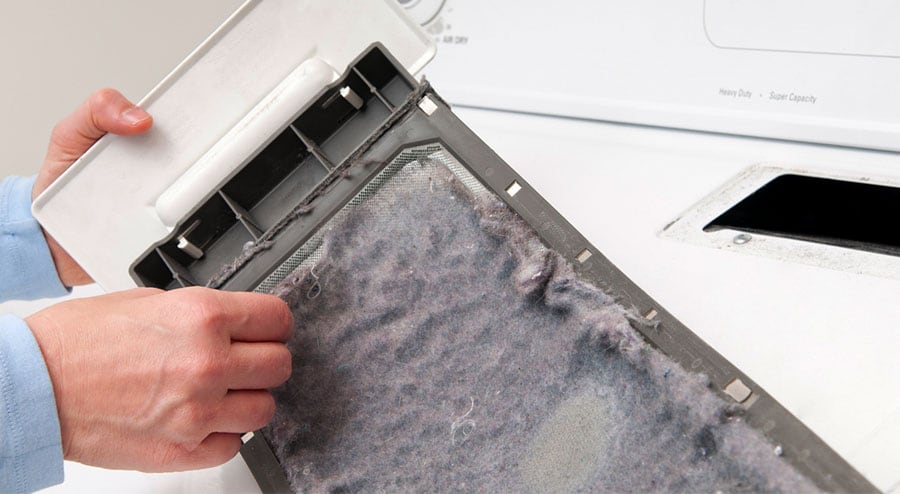
Your heating system needs a filter in order to run, but how often do you change out that filter? You need to be doing it frequently because if lint fills up that filter the heat from the furnace can actually ignite it.
This is true for your dryer as well. You want to make sure that you remove the lint from your dryer filter every time that you do the laundry. Even a small amount of lint could cause a huge fire.
Turn Off Heated Appliances When You Leave the House
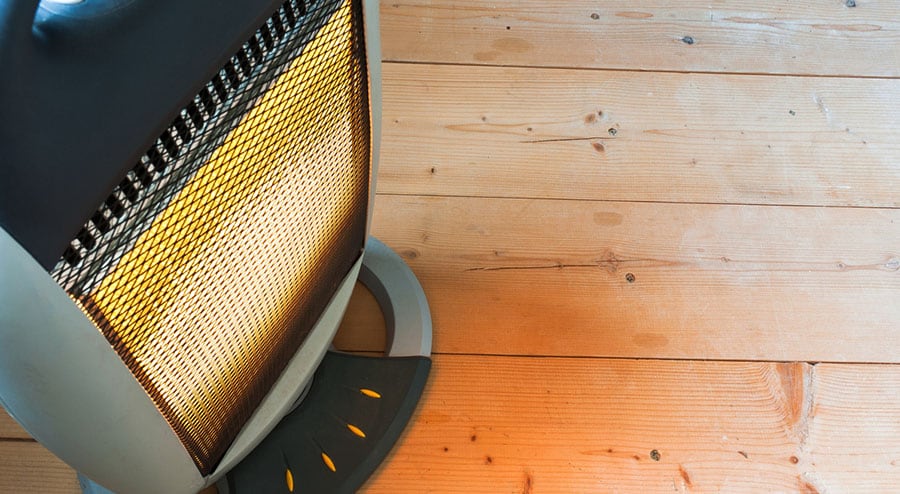
Your dryer uses a lot of heat and even your dishwasher uses a decent amount of heat. Space heaters and heated blankets do as well. These are all things that you definitely don’t want to leave running when you’re not home because they could easily catch fire and cause a huge fire that you’re not home to detect.
If you’re in the house and awake you can stop the problem before it turns into a huge fire, but if you’re not home or even if you’re asleep that doesn’t happen.
Check The Electrical Frequently

That doesn’t mean you need to dig into the walls in your home to check electrical wires, but you should be checking anything that’s visible. Monitor the wall outlets in your home and pay attention to any that suddenly don’t work.
It could be evidence of a problem behind the walls. Look for cords to your electric belongings that are frayed or damaged. These could be signs of problems as well and you don’t want to plug them into your electrical system if you know there’s a problem already.
Keep The Debris Down
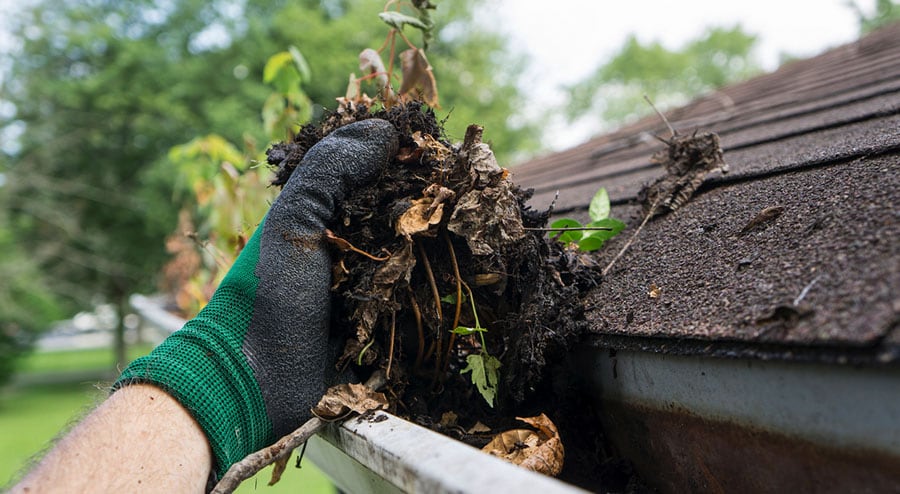
Keeping debris away from the outside of your home is also important. Things like firewood, leaves, and other flammable materials can easily catch fire from stray ashes or sparks.
You don’t want those things anywhere near your home because they can easily spread the flames to the rest of your house and before you know it you have a huge fire on your hands. That’s definitely not something that you want to experience and it’s relatively simple to cut down the risk of it.
Keep Oils And Gases Away From Flames And Sparks
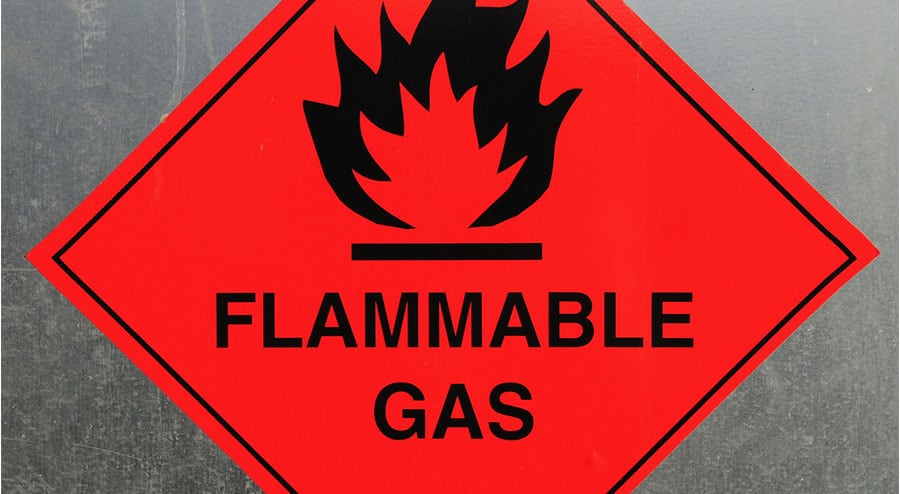
If you keep cooking oil in your kitchen you want to keep it away from the stove or anything that could potentially spark and cause a fire. The same goes for gas that you might keep in a garage for your car, your lawnmower or anything else.
You want to keep the gas away from a potential spark or flame. By carefully containing these things in approved containers and keeping them a safe distance away from anything that could react with them you’re going to be better prepared and cut your risk of problems at the same time.
Get The Furnace Checked
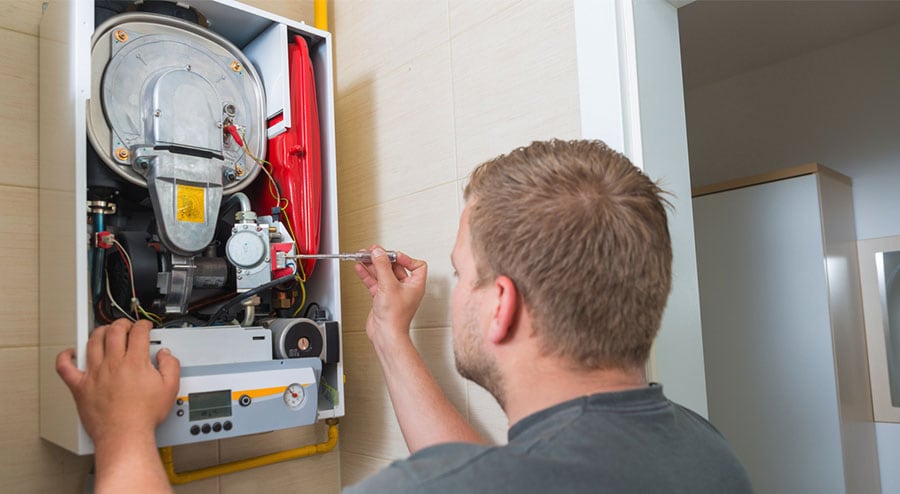
No matter what you’re doing to protect your home, there are some things that you just aren’t going to be able to do yourself. Getting your furnace looked at regularly and scheduling regular maintenance is always going to be important.
A professional can make sure that your furnace is going to keep working the right way and that it’s not going to put you in any danger of fire. A broken furnace could be a huge danger to the safety of you and your home. Monitoring and maintenance stop the problems before they even show up.
There are plenty of things that you can and should be doing to keep your house safer and to make sure that you don’t have to worry as much about the potential for fire.
There’s always a risk because fires can sometimes pop up even when you do everything right but, at the same time, you want to make sure you are putting your effort into prevention. By doing this, you cut any risks drastically and that’s going to be worth the time and effort that it takes because it means your family is safer than ever. Just follow these tips and you’ll be on your way.
Sources
- https://www.wikihow.com/Prevent-a-House-Fire
- https://www.cooperators.ca/en/Answer-Centre/how-can-i-be-safe-and-prepared/home/five-best-ways-to-prevent-fires-in-home.aspx
- https://www.travelers.com/resources/home/fire-safety/how-to-prevent-house-fires.aspx
- https://www.today.com/home/fire-safety-tips-how-prevent-fires-home-t104438
- https://www.allianz.com.au/home-insurance/news/how-to-prevent-a-fire-in-your-home
- https://money.usnews.com/money/personal-finance/real-estate/articles/2008/09/25/top-5-simple-ways-to-prevent-home-fires


